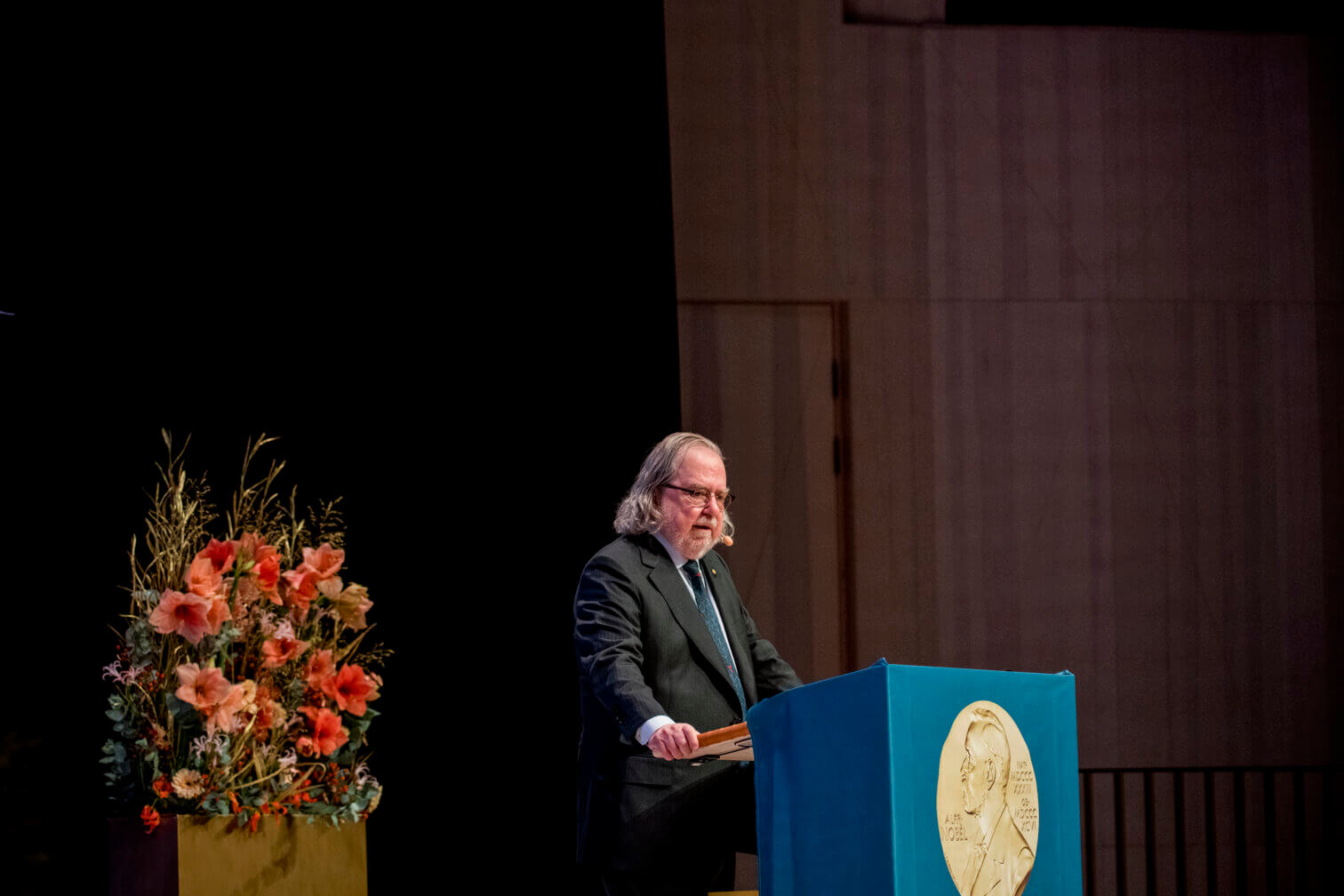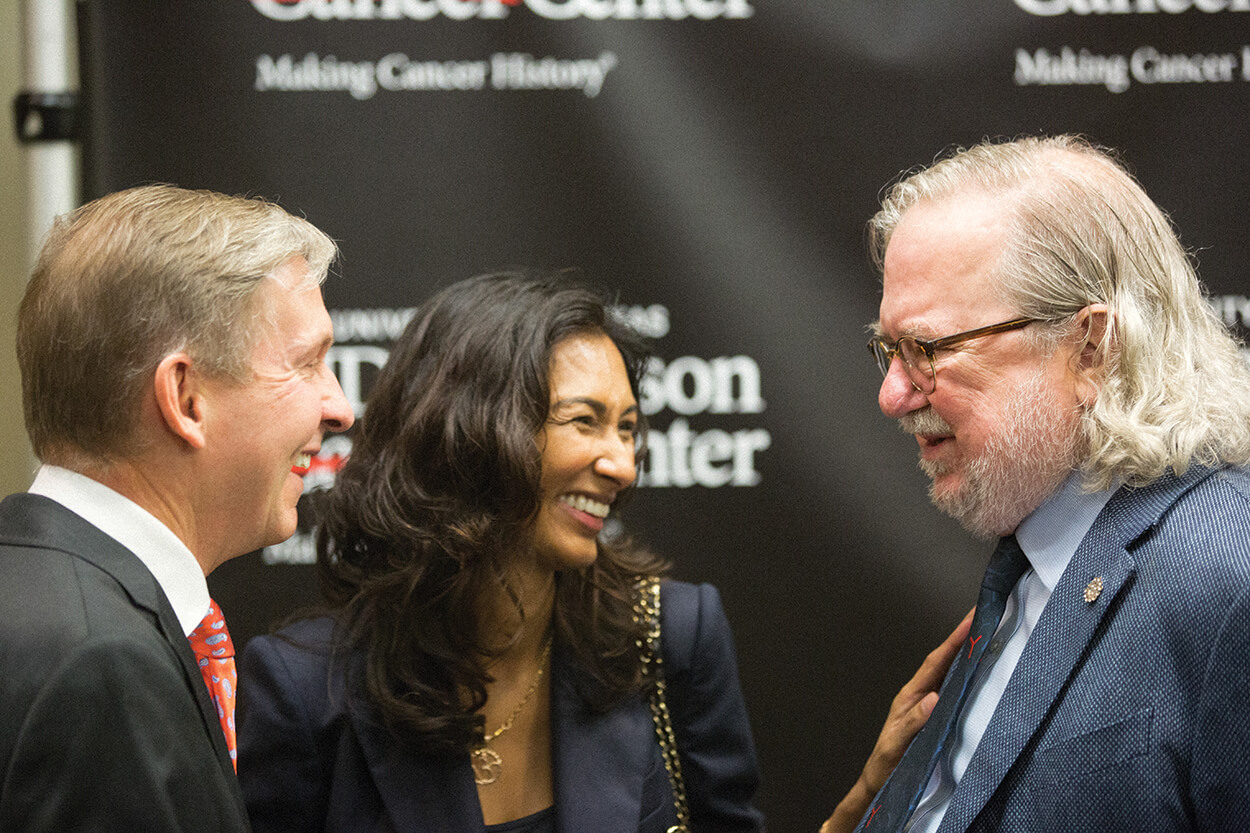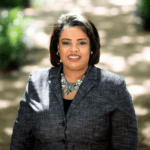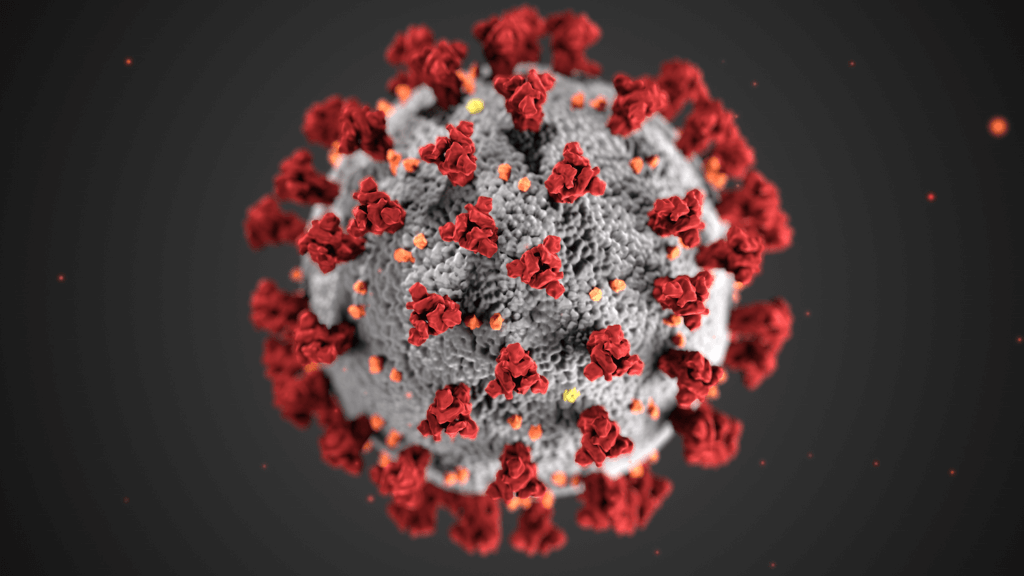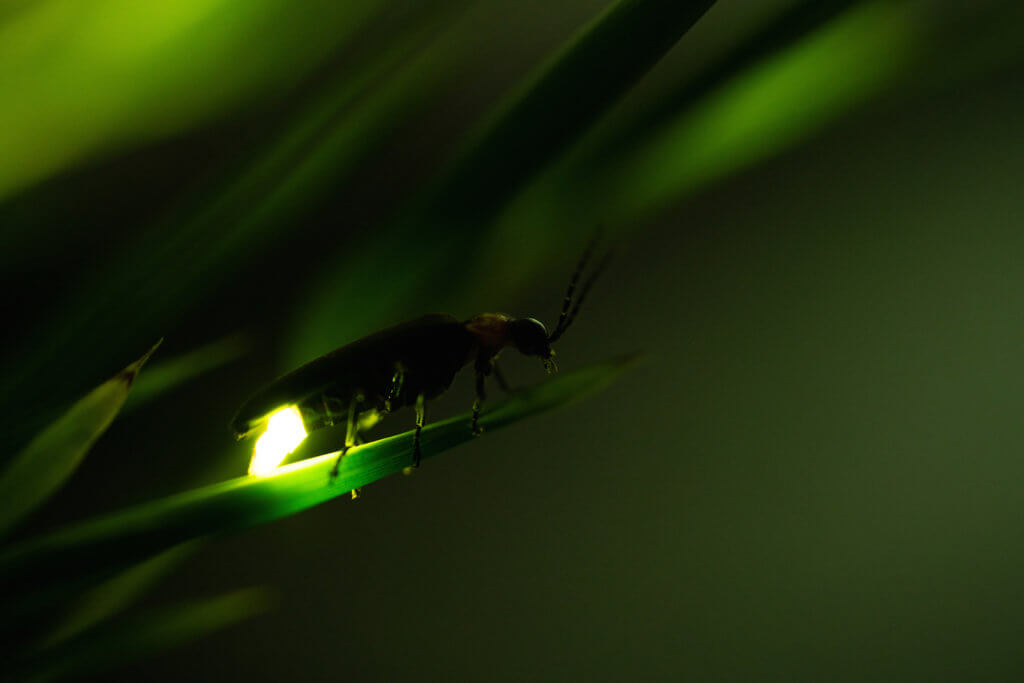Allison receives Nobel Prize in Sweden for immunotherapy innovation
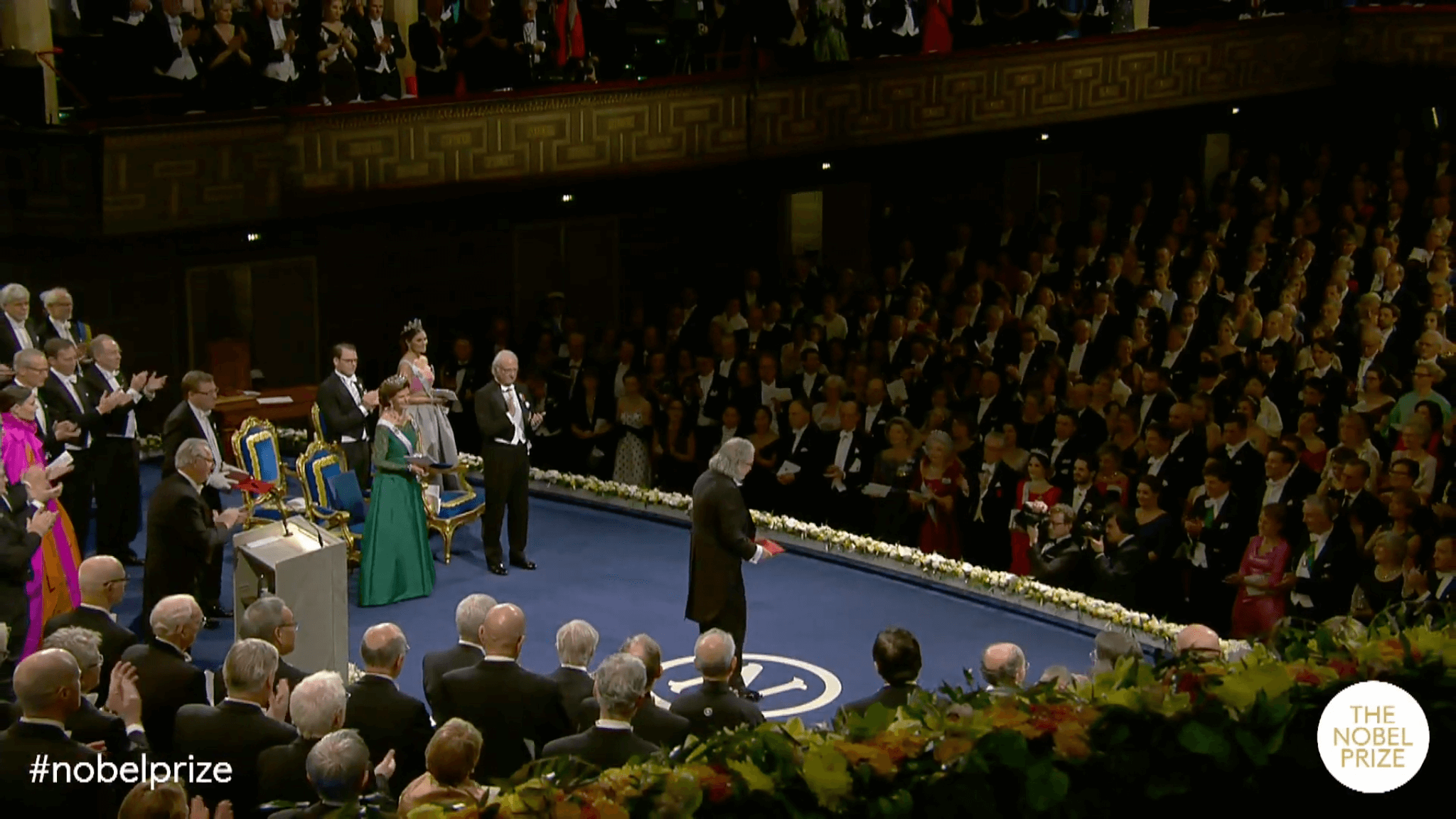
UPDATED on Dec. 11, 2018 with photo from the Dec, 10, 2018 ceremony.
ORIGINAL STORY: James P. Allison, Ph.D., an immunologist at The University of Texas MD Anderson Cancer Center, is in Sweden to receive the 2018 Nobel Prize in Physiology or Medicine jointly with Japanese immunologist Tasuku Honjo, M.D., Ph.D.
The ceremony begins at 9:30 a.m. Houston time at the Stockholm Concert Hall and will be live-streamed here.
The pair were announced on Oct. 1 as laureates for the discovery of cancer therapies that stimulate the immune system to attack tumor cells. Treatments developed from Allison’s work have extended the lives of thousands of people with advanced disease, though certain cancers have responded better to immunotherapy than others.
Allison delivered his Nobel lecture entitled “Immune Checkpoint Blockade in Cancer Therapy: New insights, opportunities, and prospects for cures” on Dec. 7 in Stockholm.
Both Allison, 70, and Honjo, 76, made discoveries that led to the development of “checkpoint inhibitors”—drugs infused into patients to block molecules that put the brakes on T cells. By releasing these brakes, the body’s own immune system is able to fight cancer.
Each scientist will receive a Nobel medal and diploma. They will also share a nearly $1 million prize.
According to MD Anderson, Allison has been busy during Nobel Week in Sweden. On Thursday, he signed the bottom of a chair at Bistro Nobel in the Nobel Museum in Stockholm’s Old Town. The ritual is part of a traditional museum visit by Nobel winners and launches the week’s events.
Laureates traditionally donate artifacts to the Nobel Museum. Allison presented the museum with the following items:
- A vial representing 9H10, a mouse-model monoclonal antibody developed in his lab in 1995 to block CTLA-4, a protein on T cells that shuts down immune response
- A vial of ipilimumab from Bristol-Myers Squibb that was developed for human use based on Allison’s work
- The first page of a 1996 article in Science that reported the success of anti-CTLA-4 treatment in freeing T cells to attack cancer in mice
- The first page of a 2015 review in Cell that was co-authored by Padmanee Sharma, M.D., Ph.D., professor of Genitourinary Medical Oncology and Immunology at MD Anderson, who is the scientist’s longtime research collaborator and spouse
- A portrait of Allison and Sharma taken by a Dallas photographer
Allison is the first Nobel laureate for MD Anderson, where he is a professor and chair of the department of immunology. He is the executive director of the Immunotherapy Platform, which is part of MD Anderson’s Moon Shots Program—an ambitious effort to more rapidly reduce cancer deaths and suffering by developing advances in prevention, early detection and treatment based on scientific discoveries. In addition, Allison holds the Vivian L. Smith Distinguished Chair in Immunology and serves as deputy director of the David H. Koch Center for Applied Research of Genitourinary Cancers in the department of genitourinary medical oncology.
Read more about Allison in this profile published in the November 2018 issue of TMC Pulse.

